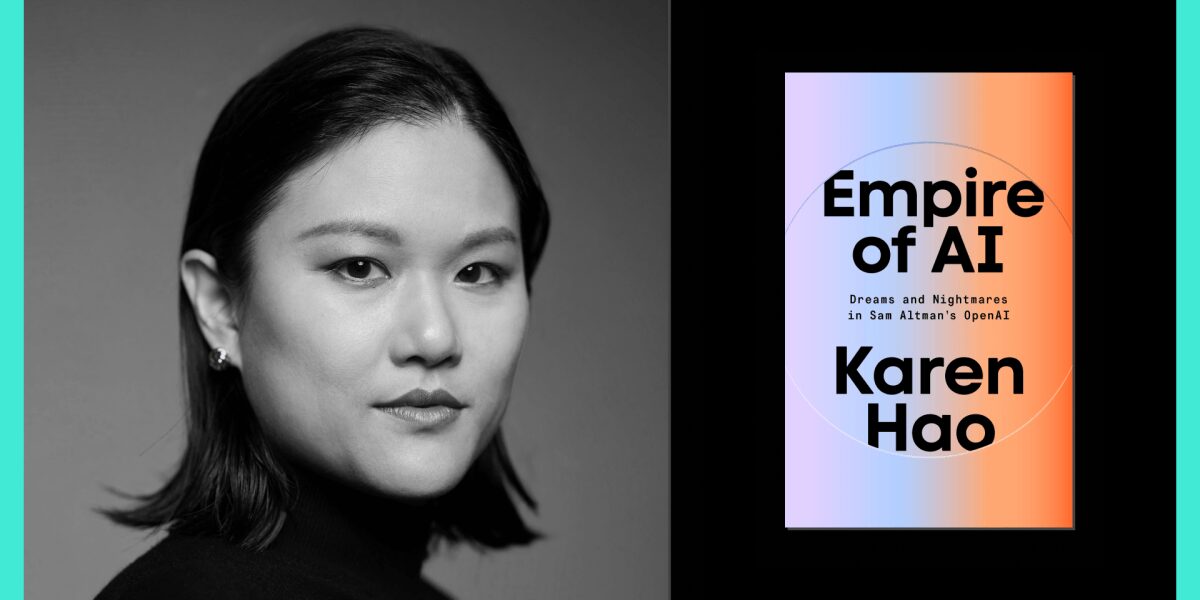The Monopolization of AI Knowledge: Are We Somewhere We Don’t Want to Be?
Let’s face it: the race for Artificial General Intelligence (AGI) is heating up, and it’s got more twists and turns than a roller coaster. The question on everyone’s lips? Who’s really steering this ship—and at what cost? With the AI empire growing stronger, it seems we’ve stepped into a narrative where knowledge is locked away tighter than a treasure chest. So, how exactly does this shape our understanding of AI and the future? Buckle up, because we’re diving in.
Monopolizing Knowledge: The Cloud Over Open Science
Have you noticed how fewer AI researchers are contributing to open science? Yeah, it’s alarming. Over the past decade, major players in the AI industry have hoarded talent like it’s a precious resource. Researchers are gravitating towards well-funded companies instead of universities or independent institutions.
Imagine if all the climate scientists were bankrolled by, say, oil companies. The outcome? A distorted view of climate facts. This is what’s happening in AI. The obsession with profits has skewed our understanding of the limitations and potential of these technologies. We need to realize that when knowledge becomes monopolized, we often end up getting a filtered version of the truth.
The “Good Empire” vs. “Evil Empire” Mentality
Here’s another thing to chew on: ever notice how empires portray themselves? It’s always a battle between the good guys and the bad guys. You’ve got the “good empire” claiming it must have the power to scavenge resources while combating the “evil empire” that threatens our safe existence.
Think of it in cinematic terms. Ever watched a superhero movie? The “hero” justifies the “sacrifice” of anything and anyone, all in the name of a greater cause. This is the narrative woven into the tech world today. Those hosting the AGI goalposts are crafting a story where they’ll either save humanity or doom it, which only fuels the frenzy for more resources and control.
The Ghost of AGI: Is It a Threat or a Mirage?
You know that feeling when you’re at a gathering and you see someone who seems to take all the attention—the ghost at the feast? That’s AGI right now. Niall Firth points out how it looms over companies like OpenAI, pushing them to rush towards claiming this elusive tech. But what if we told you there’s no clear blueprint for AGI? Seriously. According to a recent New York Times article, 75% of AI researchers aren’t even sure we have the tools to get there!
When the conversation doesn’t even agree on what AGI is, how can we trust the hype? It’s like asking a room full of people what makes a perfect pizza—everyone’s gonna have a different answer. For OpenAI, AGI becomes this shifting goalpost, making it a quasi-religious pursuit that weirdly pressures everyone to chase after something that might not even exist yet.
The Reality Check: Don’t Let FOMO Cloud Your Judgment
Ultimately, the narrative surrounding AGI is creating a desperation that seems all too familiar in many aspects of life. It’s almost like a digital version of FOMO (fear of missing out), where people feel compelled to jump on board or else be left behind. But here’s a reality check: just because a company says they’re about to revolutionize the planet doesn’t mean it’s true.
So what’s the takeaway here? It’s crucial that we scrutinize these narratives and remind ourselves that not all that glitters is gold—or in this case, not all promises of AGI are trustworthy. We have to push for clearer definitions and transparent discussions in AI research, or we risk being enchanted by a cleverly crafted story that doesn’t serve us.
What Do You Think?
So, what’s your take? Are we buying into a tech fairy tale, or is there truth to the race for AGI? If you’re feeling intrigued, don’t forget to check out this article on the future of AI for more insights. Want more thoughts like these? Keep following!
